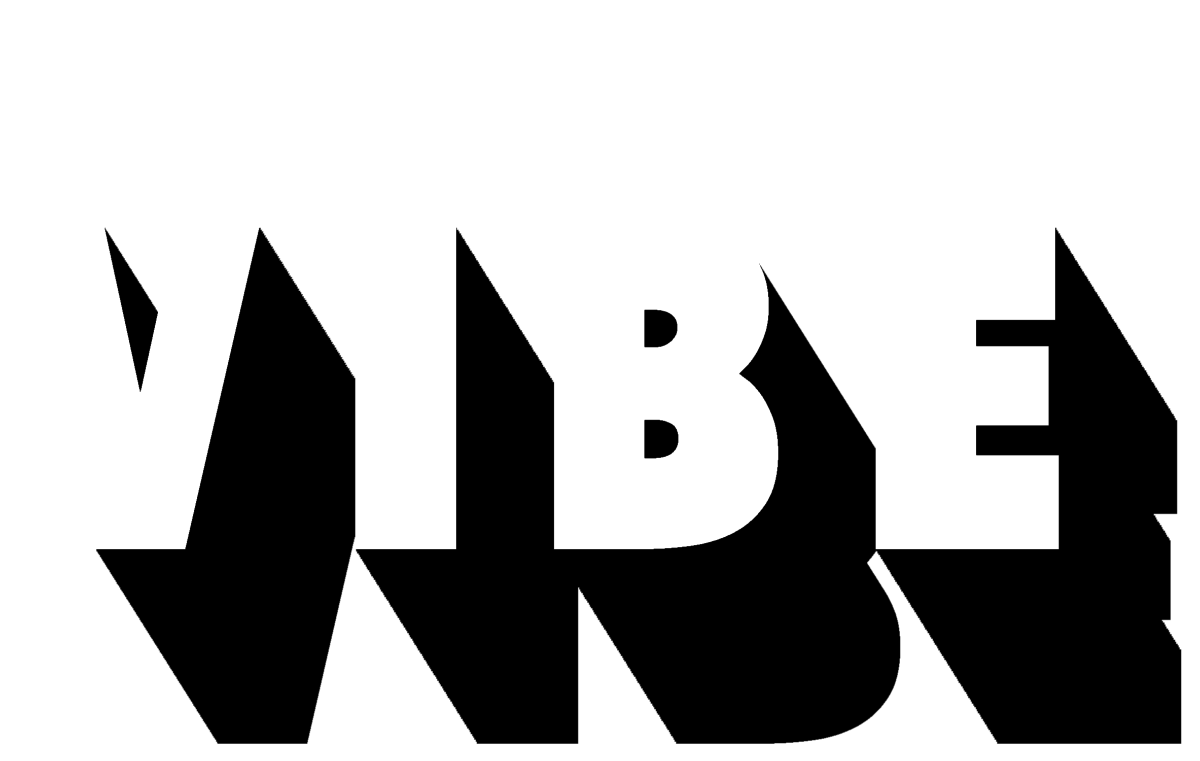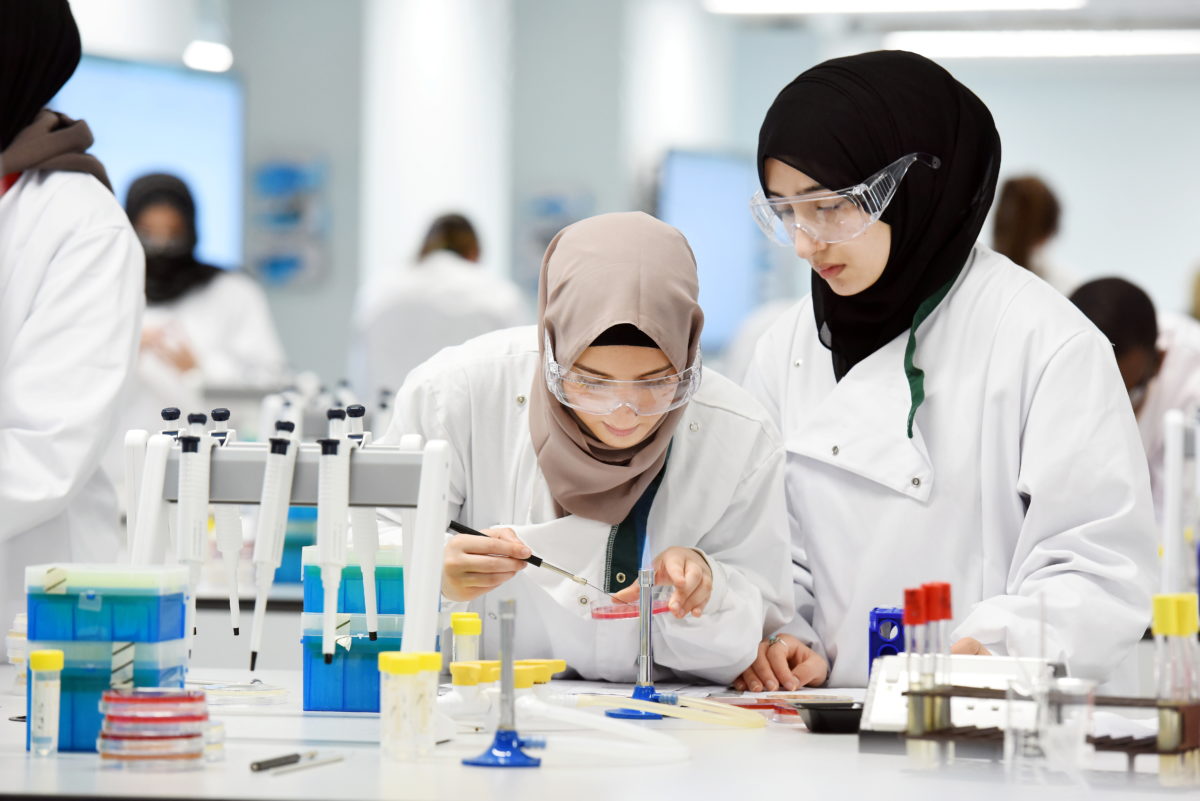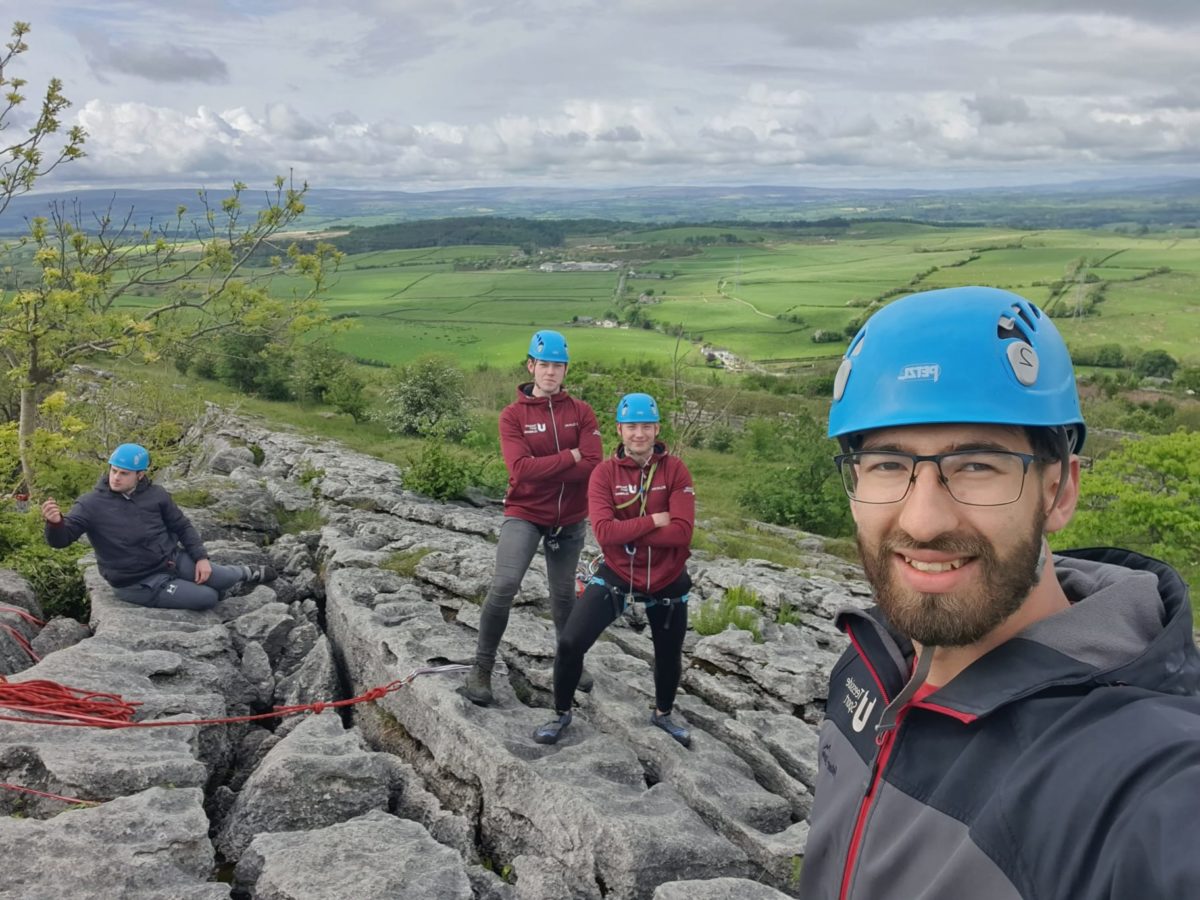The Rise of AI in Higher Education
Hello! I’m Dr. Jibin He, Head of the Science Department at Teesside University and a Chartered Scientist in Food Science. My passion lies in blending theoretical knowledge with practical applications, especially within the food industry. Today, I want to discuss something that’s revolutionising our world—Artificial Intelligence (AI).
Just like the rise of internet and The World Wide Web (WWW), the rise of AI is inevitable, and it’s reshaping every sector already including higher education. I think instead of fearing this change, we should embrace it. AI can make us more efficient, freeing up our time to focus on more creative work and critical thinking. Imagine having a personal assistant that handles the mundane tasks, so you can dive deeper into the subjects you’re passionate about.
Using AI Tools to Enhance Your Study at University, Ethically and Effectively
First things first, let’s talk about the limits of AI. It’s crucial to understand that AI isn’t perfect. AI produces an answer to a question by quickly searching through lots of information and finding the most relevant details to give you a response. However, the accuracy of AI’s answer depends on the accuracy of the information it can access. It does not create knowledge itself. This means AI tools can produce biased or inaccurate results. So, always critically evaluate the outputs of AI tools and use them as aids, not replacements for your judgement. By recognising these limitations, you can use AI responsibly and maintain your academic integrity.
Now, let’s dive into how AI can actually help you with your studies. They can assist in organising research, generating ideas, and even providing feedback on your writing. For example, AI can help you identify key themes in large datasets, suggest relevant literature, and draft outlines for essays. Just remember, these tools should supplement your traditional study methods, not replace them.
Here is a case where I used AI to help my students to do research as well as help me in one of my own project.
Case Study:
A student of mine is working on a project to calculate the nutritional values of recipes from a cookbook, but with a twist. She needs to account for the bioaccessibility of each ingredient, which means considering how much of the nutrients are actually absorbed by the body. Factors such as the food matrix, preparation methods, and individual digestive variations can all impact bioaccessibility, making this a quite complex project.
Using AI, we made the setup of this project much clearer and quicker. We described our project to Microsoft Copilot and asked it to provide a data collection template. After a few tweaks, we had a very good template that included columns for the recipe name, ingredients, food groups, cooking methods, original nutritional values, bioaccessibility percentages, adjusted nutritional values, and reference sources. It even suggested objectives for our project. Although not perfect, it provided a solid foundation for us to start the project. With the help of AI, we were able to organise our data efficiently and gain valuable insights into our research topic, making the daunting task much more manageable.
Conclusion
AI can greatly enhance your study at university by making routine tasks more efficient and providing new insights into your research. However, it’s crucial to understand the limits of AI and use these tools ethically and effectively. By doing so, you can harness the power of AI to complement your studies, allowing you to focus on creativity and critical thinking, ultimately enriching your academic experience.
Students at Teesside University have full access to Microsoft Office 365 suite, including Copilot, Adobe Creative Suite with Adobe Firefly (an AI image generation tool), and many other professional software applications with AI functionalities.
Disclaimer: This blog was created with the assistance of Microsoft Copilot to ensure accuracy and efficiency. While AI provided valuable insights and structure, all content was reviewed and refined by Dr. Jibin He to maintain the highest standards of academic integrity.
Dr Jibin He




